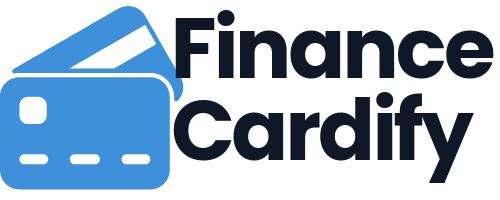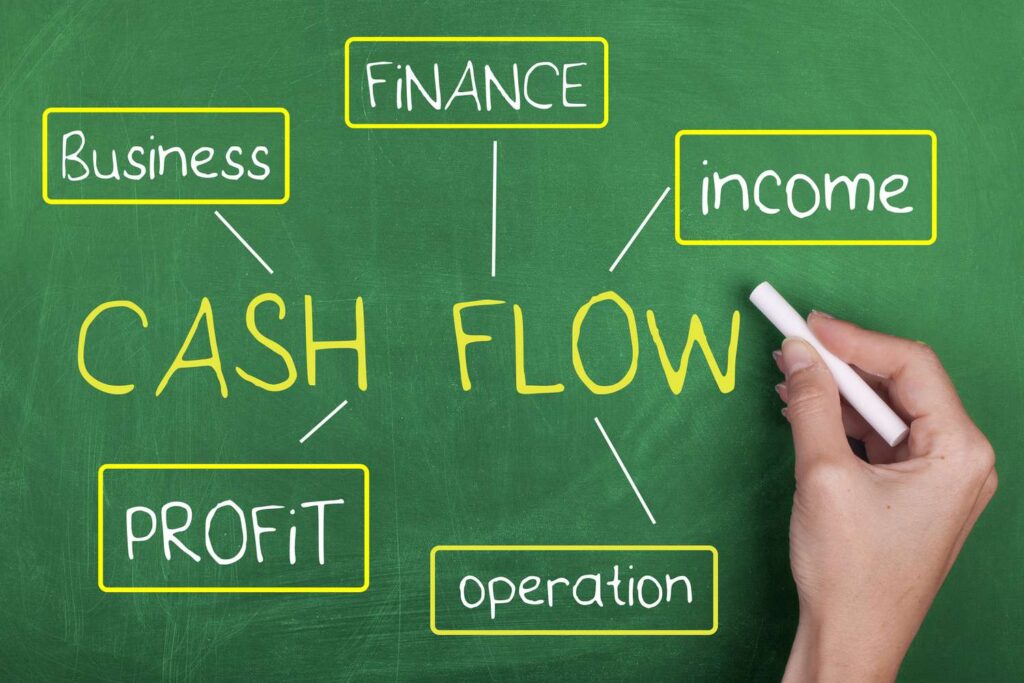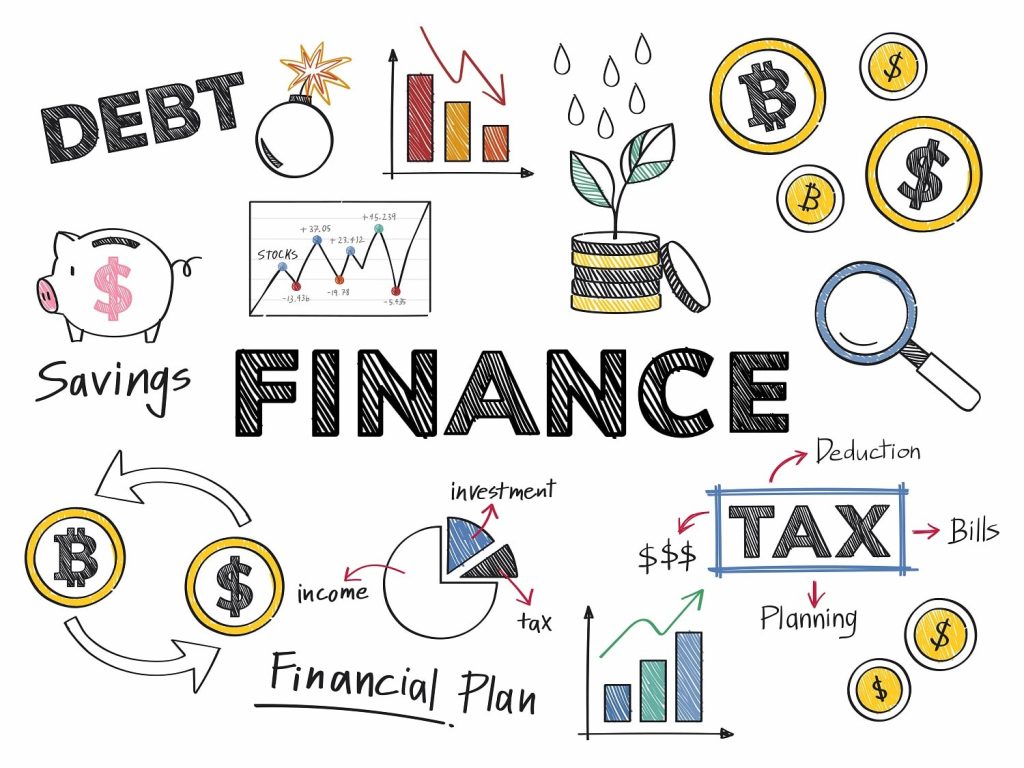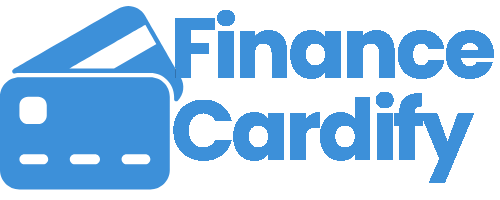
The Engine of Endurance: The Role of Business Finance in Long-Term Success
In the modern marketplace, many entrepreneurs launch ventures fueled by a brilliant product idea or a disruptive service model. However, passion and innovation are rarely enough to sustain a company across decades. The silent engine that drives a business from a precarious startup to an industry titan is Business Finance. Far from being just “accounting” or “keeping the books,” business finance is the strategic science of managing money to create value. It involves the planning, sourcing, and monitoring of financial resources to ensure that a company not only survives today but thrives tomorrow. 1. The Foundation: Capital Budgeting and Strategic Investment At the heart of long-term success lies the ability to decide where to put your money. This is known as Capital Budgeting. Successful companies don’t just spend; they invest. Whether it’s purchasing new machinery, expanding into international markets, or investing in Research and Development (R&D), finance provides the analytical










